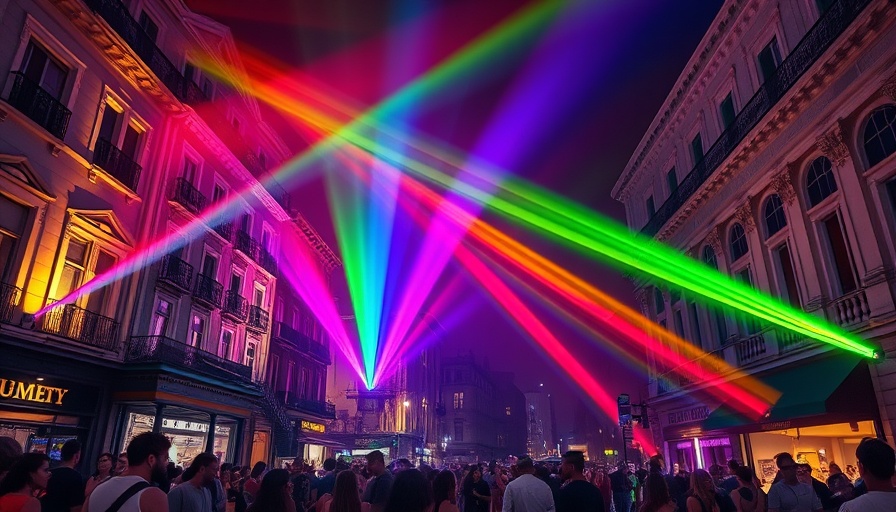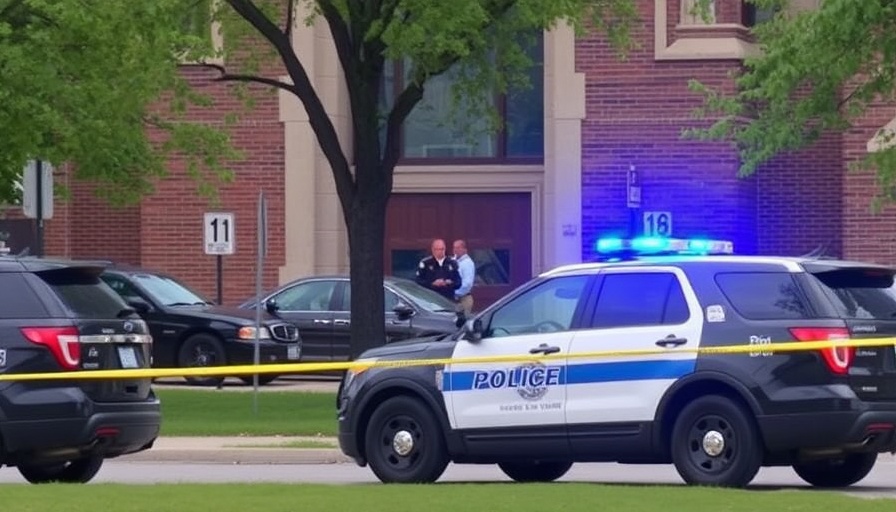
Pride Month: A Dual Narrative of Celebration and Protest
As cities across the United States, including New York City and San Francisco, wrap up LGBTQ+ Pride month, the atmosphere is a tapestry woven with both vibrant celebrations and poignant demonstrations. Historically, Pride Month, which commemorates the Stonewall Riots of 1969, has served as a platform for the LGBTQ+ community to advocate for rights, visibility, and acceptance. However, this year’s observances have also starkly highlighted ongoing challenges and inequalities facing the community.
The Joy of Celebration: Community Strength and Visibility
In cities like San Francisco, parades were not only joyful displays of community unity but also a testament to the progress made in LGBTQ+ rights over recent decades. Revelers danced and celebrated their identities while also honoring the legacy of those who fought tirelessly for these freedoms. Events across the country featured uplifting messages of acceptance and resilience, showcasing LGBTQ+ individuals in a light that emphasized their contributions to society.
Demonstrations: A Call for Continued Advocacy
Despite the celebrations, many gatherings transformed into demonstrations calling for justice and equality. Notably, the protests addressed current issues such as the discrimination still faced by LGBTQ+ people, particularly transgender individuals. Activist groups rallied to demand legislative actions that protect LGBTQ+ rights, drawing attention to significant challenges that remain, including violence against LGBTQ+ individuals and existing discriminatory laws.
Cultural Intersectionality: LGBTQ+ Rights and Broader Social Justice
The intersectionality of LGBTQ+ rights with broader social movements has become increasingly evident. Activists have called for solidarity across various demographics, emphasizing that the fight for LGBTQ+ rights is intertwined with other essential social justice movements, including racial equality and women’s rights. This interconnected advocacy demonstrates a growing awareness of the need for unified action against systemic oppression.
Future Predictions: What Lies Ahead for LGBTQ+ Advocacy
Looking forward, the future of LGBTQ+ advocacy appears to be marked by both optimism and caution. While significant strides have been made in areas such as marriage equality, the recent rising tide of discrimination and anti-LGBTQ+ legislations in certain states presents a formidable challenge. Advocacy experts predict that continued grassroots mobilization will be crucial to reversing these trends and pushing for comprehensive anti-discrimination laws. Additionally, the role of social media has proven vital in mobilizing support and raising awareness, suggesting that digital platforms will continue to be instrumental in upcoming campaigns.
Community Response and Resilience
The response from communities across the U.S. following the recent demonstrations illustrates an unwavering resilience among LGBTQ+ individuals. Many community leaders emphasize the importance of maintaining pressure on legislators to ensure that the rights earned through decades of struggle are not eroded. The resilience seen this Pride month acts as a reminder that every voice matters and that advocacy continues beyond the confines of just one month.
Conclusion: Why Your Engagement Matters
As Pride month draws to a close, the importance of watching and participating in these conversations endures. Advocating for LGBTQ+ rights is not only about one month of celebration but rather a year-round commitment to equality, acceptance, and justice for all. It’s incumbent upon allies and advocates to remain engaged and informed about ongoing challenges while promoting the rights and dignity of the LGBTQ+ community.
Whether through attending local events, participating in discussions, or supporting LGBTQ+-friendly legislation, every action counts in the journey towards a more inclusive society.
 Add Row
Add Row  Add
Add 




Write A Comment